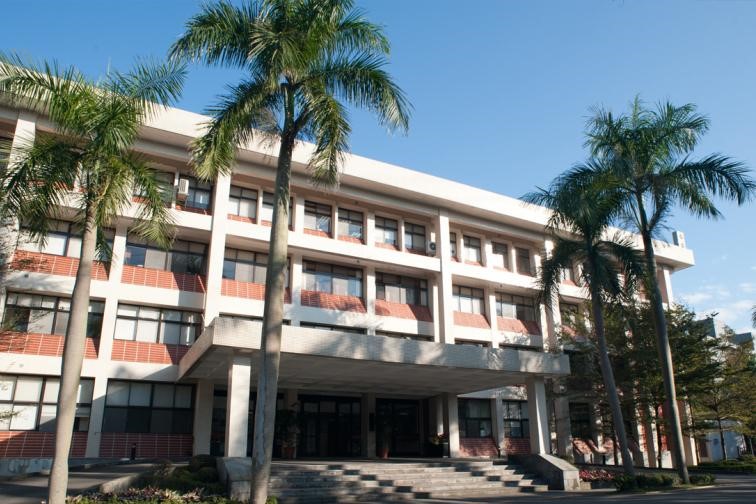- Lectures
- Institute of Biomedical Sciences
- Location
B1B Lecture Room, IBMS
- Speaker Name
Kaushik Chowdhury (TIGP-MM Student)
- State
Definitive
- Url
Myocardial infarction (MI) in humans causes irreversible cardiomyocyte (CM) loss, inflammation, and fibrosis, ultimately leading to heart failure and death. In contrast, zebrafish (Danio rerio) can regenerate their hearts post-injury. Comparative analyses between regenerative zebrafish and non-regenerative medaka (Oryzias latipes) revealed that the differential immune responses are key to successful heart regeneration. Immune modulation by administration of poly I:C, a synthetic dsRNA analog/damage-associated molecular pattern, promotes de novo heart regeneration in medaka. However, the underlying mechanism remains elusive.
To investigate how poly I:C promotes heart regeneration in medaka, we first performed comparative RNA-seq analyses of poly I:C-treated vs. PBS-control hearts post cryoinjury. We found that poly I:C promoted phagocytosis-related genes activation, a process involving cell debris engulfment and clearance upon tissue injury. Following the hint, we performed TUNEL assay and phalloidin staining and found that poly I:C treatment reduced cell death and promoted faster debris clearance in medaka, similar to the dynamics in regenerative zebrafish. Moreover, inhibiting phagocytosis by o-phospho-l-serine (L-SOP) administration, an analog sequestering eat-me signal from apoptotic/necrotic cells, impeded debris clearance in poly I:C-treated medaka hearts. Coincidently, inflammation also resolved faster in zebrafish and poly I:C-treated medaka. These results suggest that timely debris clearance is associated with inflammatory resolution and heart regeneration.
Since debris clearance is mainly carried out by phagocytes and the poly I:C-mediated regeneration was phagocyte-dependent, we further characterize and compare the heterogeneity and function of phagocytes in poly I:C-treated vs. control medaka hearts by single-cell RNA sequencing. We identified five distinct immune cell types, predominantly macrophages and lymphocytes, with some macrophage subpopulations dynamically enriched in poly I:C-treated hearts and differentially activated genes associated with phagocytosis and inflammation modulation. Specifically, Progranulins were activated in regeneration-associated macrophage subsets upon poly I:C stimulation and corresponding to phagocytosis and anti-inflammatory/tissue-repairing repolarization. As a functional validation, recombinant Granulin administration accelerated cardiac repair by enhancing animal survival, CM proliferation, and scar resolution after cardiac injury. Taken together, these results shed light on how immune modulation by poly I:C stimulation may promote de novo cardiac regeneration by enhancing macrophage functions in debris clearance, inflammatory resolution, and CM replenishment, eventually leading to reduced scar and better survival.









 Home
Home

